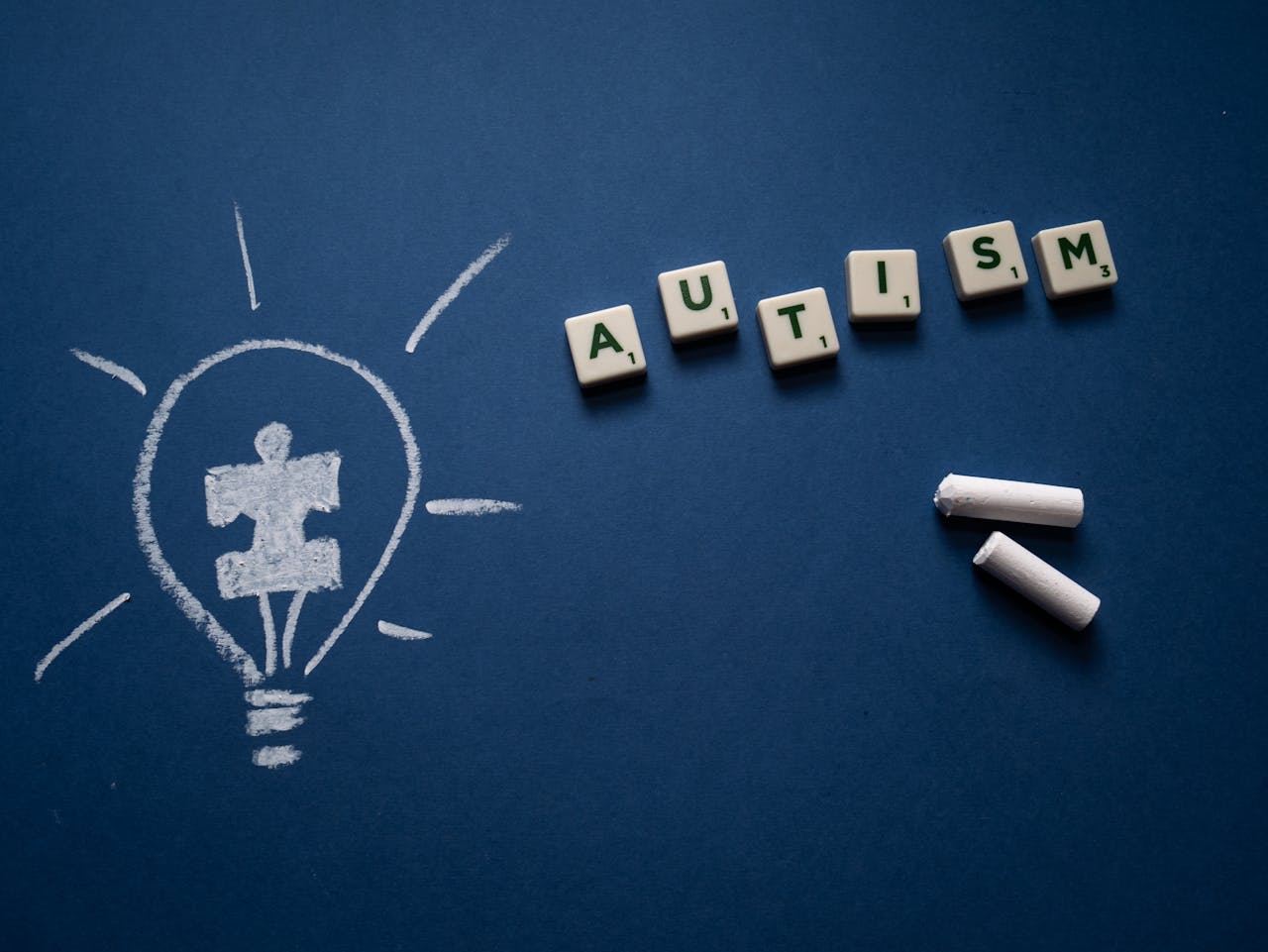Navigating the world of therapy for children with autism can be overwhelming, and as a parent, I understand the concerns and questions that may arise. It’s crucial to weigh the pros and cons of ABA therapy to make informed decisions for your child’s well-being and development. Here, I aim to provide insight, comfort, and guidance to those considering or currently undergoing ABA therapy.
I myself sat through the 40-hour RBT training course just to gain a knowledge of what training they have taken. This is just a portion of what is required.
Pros of ABA Therapy
Evidence-Based Approach: ABA therapy is backed by decades of research, demonstrating its effectiveness in improving various skills and behaviors in individuals with autism. This can also help with aggression.
Individualized Treatment Plans: ABA therapy emphasizes personalized interventions tailored to the unique needs and strengths of each child, ensuring a targeted approach to their development.
Focus on Functional Skills: ABA targets practical skills that enhance independence and quality of life, such as communication, social interaction, self-care, and academic abilities.
Consistency and Structure: ABA therapy provides a structured environment with consistent routines, which can be comforting for children with autism who thrive on predictability.
Family Involvement and Education: ABA therapists work closely with families, empowering parents with strategies and tools to support their child’s progress beyond therapy sessions.
Intensive Time and Resource Commitment: ABA therapy often requires significant time and financial investment, including frequent sessions and specialized training for therapists and caregivers.
Potential for Overemphasis on Compliance: Critics argue that some ABA approaches prioritize compliance over understanding, leading to a focus on surface-level behaviors rather than addressing underlying needs.
Negative Experiences and Trauma: In some cases, ABA therapy has been associated with negative experiences, including instances of coercion, punishment-based techniques, or overly rigid protocols, leading to distress for the child and family.
Limited Generalization: While ABA therapy can effectively teach specific skills within controlled environments, transferring these skills to real-life settings and contexts may pose challenges for some individuals.
Need for Ongoing Evaluation and Adaptation: As with any therapy, ABA requires continuous evaluation and adjustment to ensure it remains effective and responsive to the child’s evolving needs.



